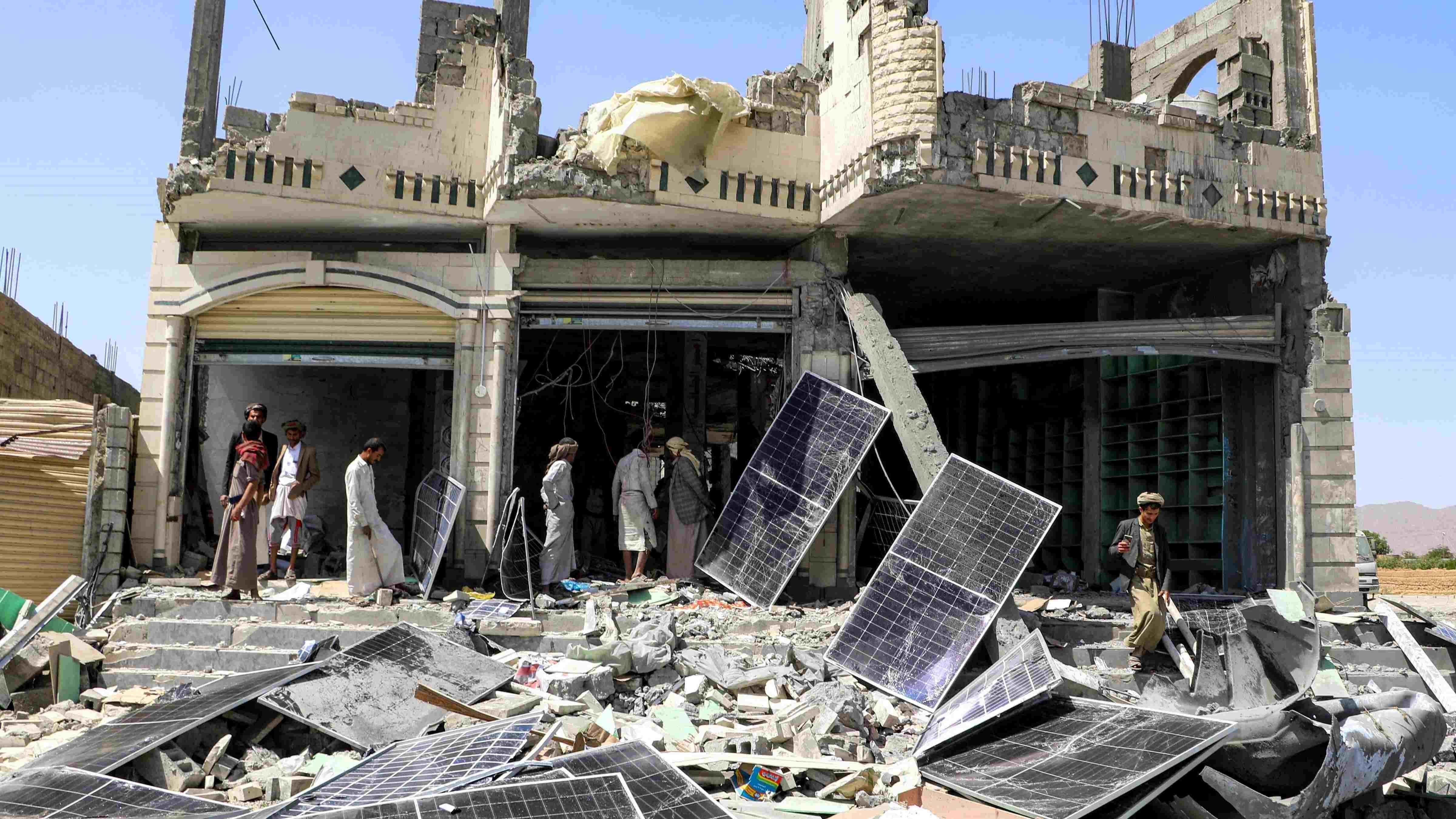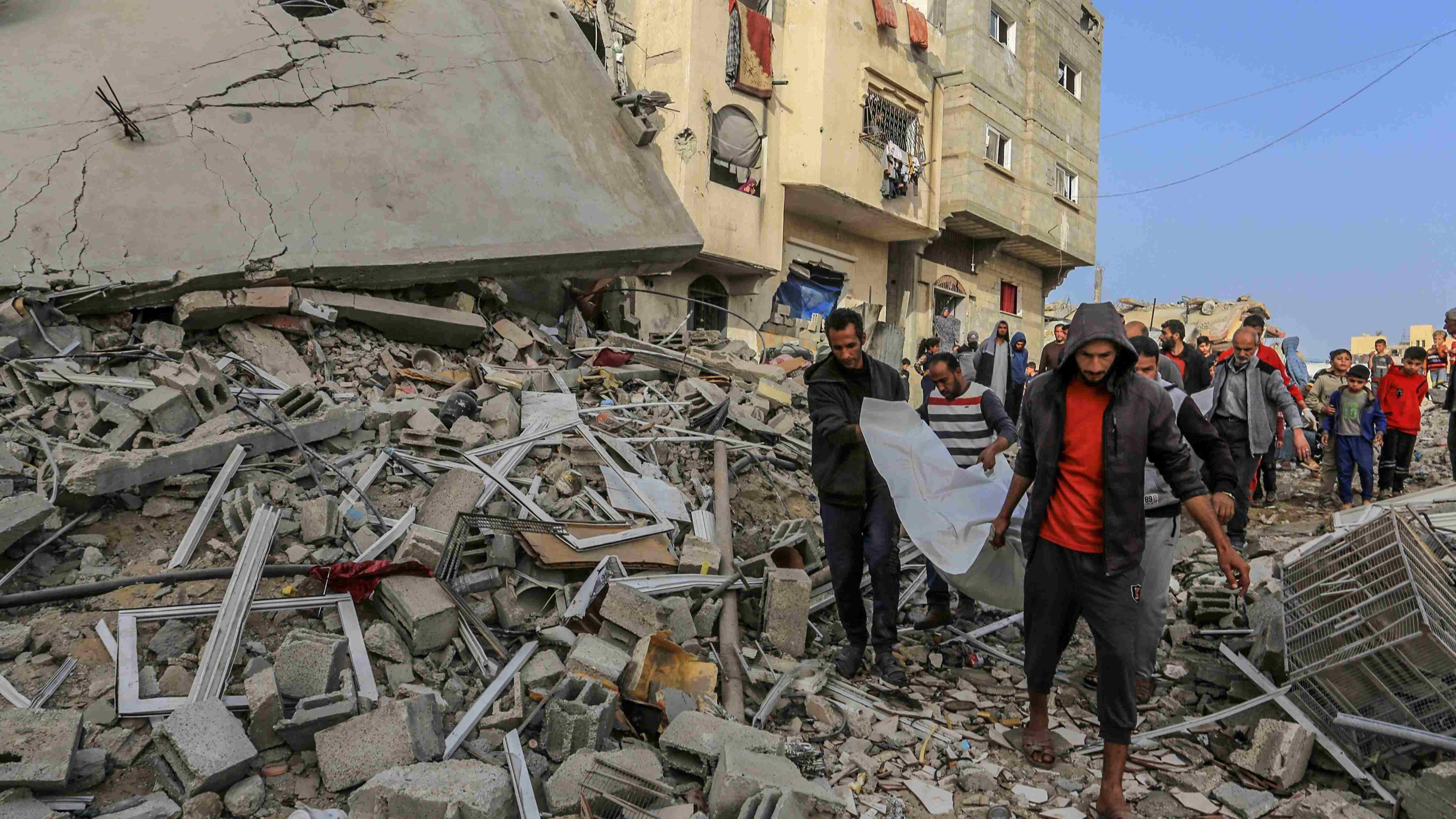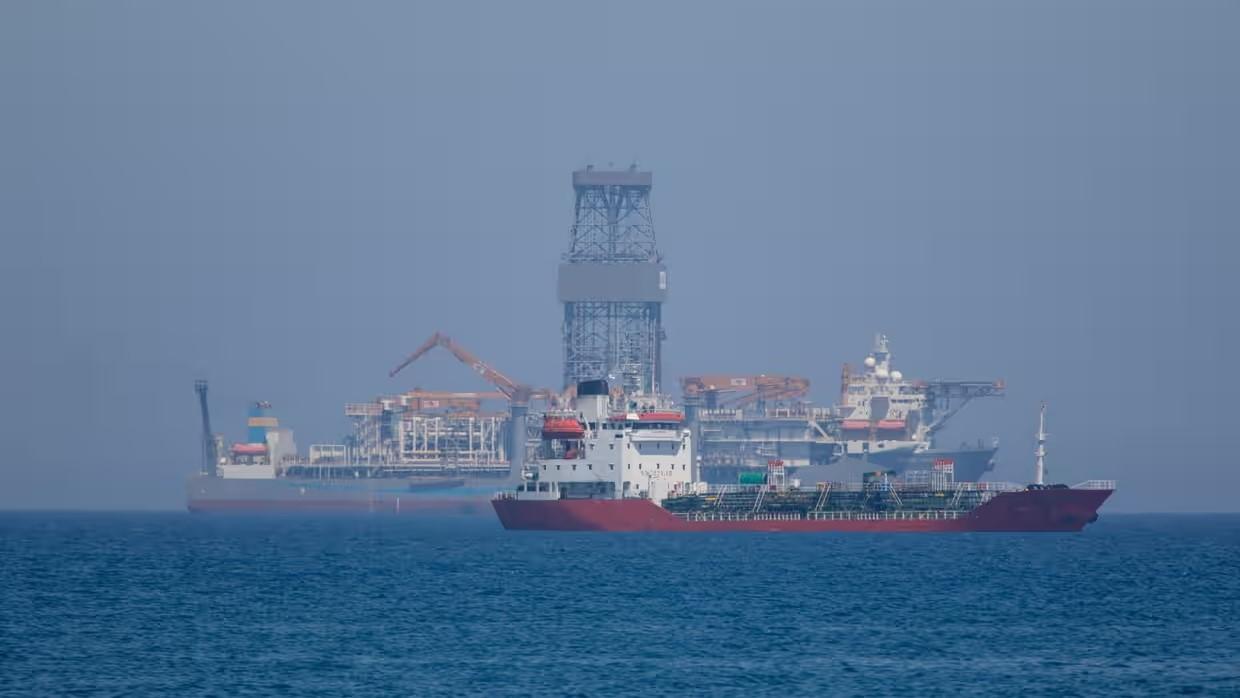Turkish, Greek Cypriot leaders agree to open a new crossing gate
Hurriyet Daily News with wires

refid:11946121 ilişkili resim dosyası
Taye-Brook Zerihoun, the United Nations special representative for the island, announced the deal after 34th round of the peace talks between Turkish Cypriot leader Mehmet Ali Talat and his Greek Cypriot counterpart Demetris Christofias in
"The two leaders decided to proceed with the opening of the Yesilirmak/Limnitis crossing point under the normal rules of existing crossings," Zerihoun was quoted by Reuters as telling reporters.
Christofias and Talat pledged last year to open the Yesilirmak, Limnitis in Greek, crossing gate in the island's northwest as a much needed confidence measure to bolster unification talks.
It was not immediately clear when the checkpoint would open. Christofias said, however, it will "take some time yet" until the infrastructure work is completed.
The deal also encompasses overland access and electricity supply to the tiny Turkish Cypriot enclave of Erenkoy/Kokkina on the island's northern coast.
European Commission President Jose Manuel Barroso, on a fleeting visit to
It will be the seventh to open since travel restrictions between the Turkish Cypriot north and the Greek Cypriot south were eased in 2003. The step is seen as a milestone, injecting fresh momentum to the slow-paced talks.
Re-launched in September 2008 after a four-year hiatus, Talat and Christofias have been involved in U.N.-sponsored unification talks aimed at reaching an agreement to end the island's decades-long division.
The talks mark the first major push for peace since the failure of a U.N. reunification plan in 2004, which was approved by Turkish Cypriots but overwhelmingly rejected by Greek Cypriots.
















